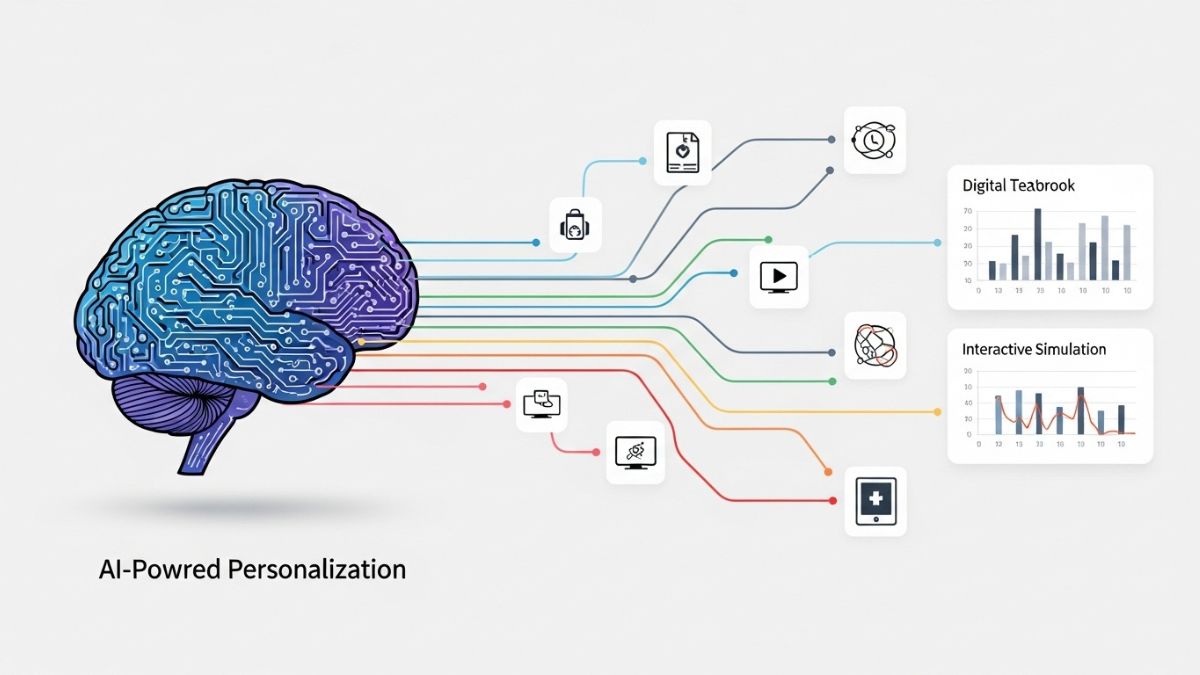Competition for tier-1 city-based graduation in India has long been essential to corporate success. From experience, the urban centers with relatively better infrastructure and resources dwarf the students. Nevertheless, the experience of getting an education in these cities is more or less accompanied by certain difficulties and possibilities. Evidence demonstrates that such processes might be valuable for making decisions concerning learning activities for students and parents.
The Pull of Tier-1 Cities for Higher Learning Institutes
Delhi, Mumbai, Bangalore, and Hyderabad, are a few of the most important Tier-1 cities that hold some of the best institutions of India country. These cities provide a variety of academic opportunities and deliver new and promising profiles such as data analysis, artificial intelligence, and biotechnology. These urban communities are preferred because they also offer better infrastructure, quality professors, and networking opportunities.
The reality is that there is a high demand for certain specific skills in these cities, for example, data science courses in Delhi. Here, institutions have the capacity to provide contemporary laboratories; academic libraries, and curricula that are related to the industry than tier-2 and tier-3 institutions.
- Financial Implications: A Major Concern
Education in tier-1 cities involves lots of expenses and hence education loans are borrowed. This is especially true in the case of comparatively high tuition fees in the most prestigious universities together with living expenses. Housing costs, transportation, and other utility bills are relatively higher in large cities than in other urban centers.
Many parents and students find these costs reasonable because the training will guarantee favorable employment in the future. Other areas such as data science courses in Delhi are believed to be justified for the same reasons that they offer an enabling career.
- Competition: An Intense Reality
Generally, competition is high, especially in the tier 1 cities. The pressure on learners to succeed is immense, in classwork, & in co-curricular activities. Children are expected to achieve excellent grades and get good scores in entrance exams to be admitted to quality institutions.
Competition does not end at the gates, so to speak, of admission to the institution. In classrooms, students end up being challenged to perform, and in many cases, their counterparts are among the brightest in the country. For programs like the data science courses in Delhi, it means coming into contact with like-minded people – this is as exciting as it is stressful at times.
- The Urban Lifestyle: A Mixed Blessing
Living in tier-1 cities gives a cosmopolitan feeling that helps in worldview. They are exposed to various tastes of food, entertainment, and culture-related activities. But rapid living in big cities also causes stress and burnout.
Time is probably the biggest factor that is in great demand since learners are balancing between class work, internships, and other responsibilities. Students interested in such areas as data science courses in Delhi are some of the most challenged when it comes to balancing these aspects.
- Networking and Career Opportunities based on Development
Multinational companies, start-up ventures, and research organizations are prevalent in tier–one cities hence the best place to look for networks and internships. Interactions with industry leaders are also evident in these cities: institutions where students get to learn through emulation of real scenarios.
Some of these courses like data science courses in Delhi are popular because of the tech & analytics industry present there. Students can secure internships, projects, and workshops from potential employers thus gaining experience that has very high marketability.
- Infrastructure and Technologies
They defined tier-1 cities have the infrastructure, and support structures that enable the implementation of advanced learning. Technology continues to improve learning by making it easier to interact in class, accessing internet services, and sophisticated research resources to improve student outcomes.
It has been earlier mentioned that such programs as data science courses in Delhi stand to benefit from such resources since practical experience often depends on the availability of the latest tools in the form of software and or hardware. This means that having such infrastructure offers students an added opportunity to compete in the global market.
- The Social-emotional Demands of the Educational Process
Accommodation to life in a tier-1 city might go a long way in emotionally influencing respondents from tier-2 or tier-3 towns or villages. Change in life and academic pressure can sometimes cause students to feel lonely, homesick, or both.
For example, perpetual city centers that have affiliations to support regions like counseling and friendship communities still individuals face the disgrace of searching for help. Students undertaking their programs may end up developing mental fatigue such as when learning data science courses in Delhi and institutions should encourage students’ well-being.
- The Role of Peer Influence
Tier-1 cities have a huge student population and student diversity encompasses persons of different caliber. Emphasizing peer interactions many of them are educational and promote personal development. But with friends, on the other hand, this desire leads to a negative form of pressure – competitive rivalry.
For those who engage in niche fields such as data science courses in Delhi, teamwork usually forms the major practice strategy. Students have to work in groups to conduct the projects/assignments solve the related case scenarios and develop team and problem-solving skill sets required in the workplace.
- The Reality of Accommodation
Finding a place is among the biggest challenges faced by students in tier-1 cities. The campus hostels are cheaper and have limitations of accommodation. Most students make do with rented apartments or paying guest facilities, which are costly and less secure and comfortable than having college hostels.
However, students learn important practical skills and can live on their own during the time they study. This independence is especially beneficial for those who are involved in intensive fields such as data science courses in Delhi, from which time and resource management is very crucial.
There has been observed high demand for program specificity and this is shaping the niche programs. Courses such as data science courses in Delhi have become popular since the need for analytics has become significant in business and IT.
Institutions based in tier-1 cities are very responsive to market changes by modifying their portfolio offerings. It is not a secret that the curriculum is developed in cooperation with the professionals, so students leave the university equipped with the necessary know-how is necessary for the labor market.
Balance of Tradition in the Modern Life
While most tier-1 cities are said to present a sophisticated education picture, they do not disregard traditional ethics. Some institutions supplement ethical and cultural learning with other learning, making the children all-rounded.
Most programs offered including data science courses in Delhi have included a module on using the technology. This combination of the past and present prepares students to become professionals in their respective ways.
Conclusion
This paper seeks to establish the opportunities and challenges of higher education in tier-one cities. The better equipped, the offered variety of courses, the opportunities for a successful job, overweight with difficulties in affording a quality education and high competition. Specialized programs make it easier for the students to learn new frontiers in their specialty area such as data science courses in Delhi, the life outside classes in Delhi can be stressful.














